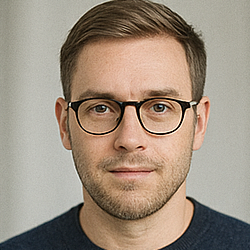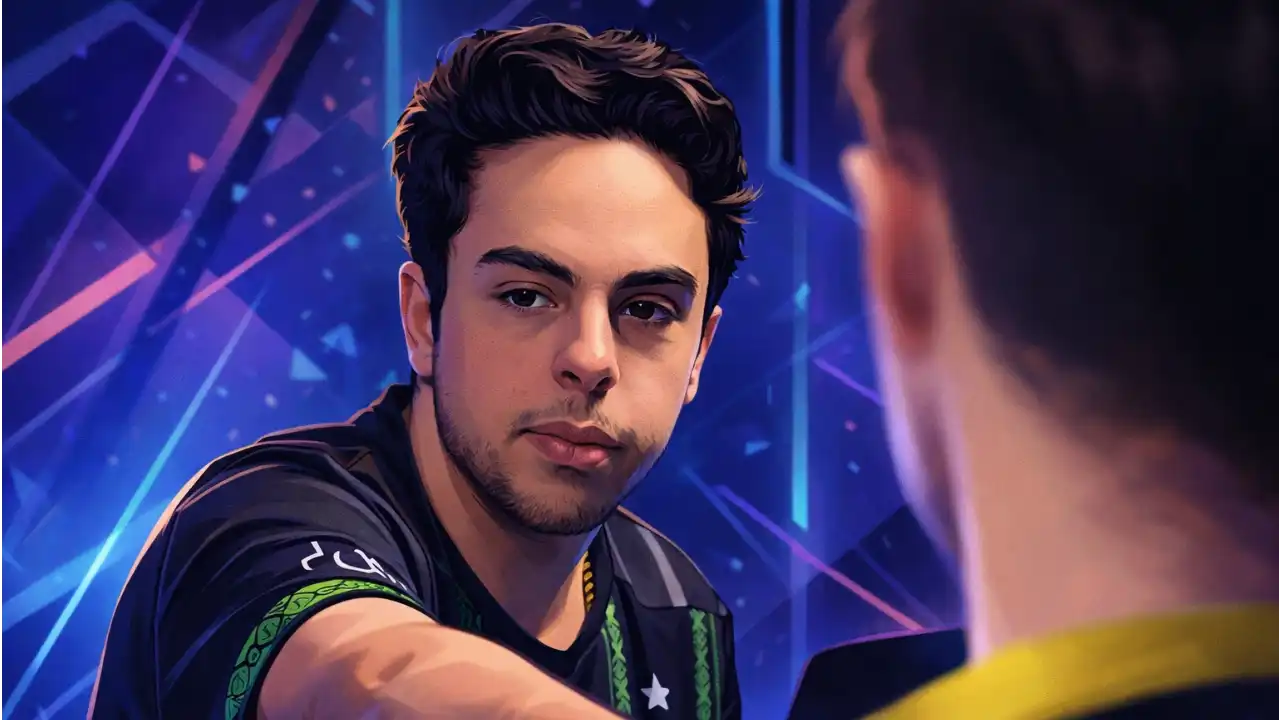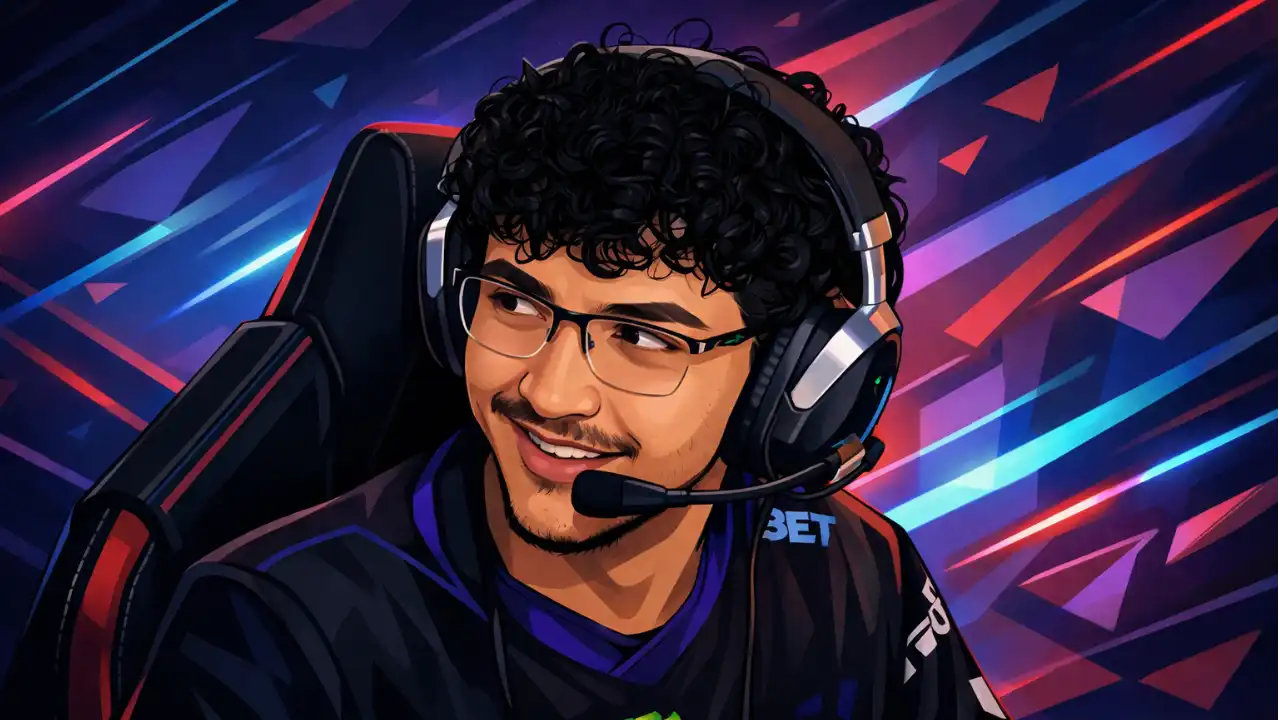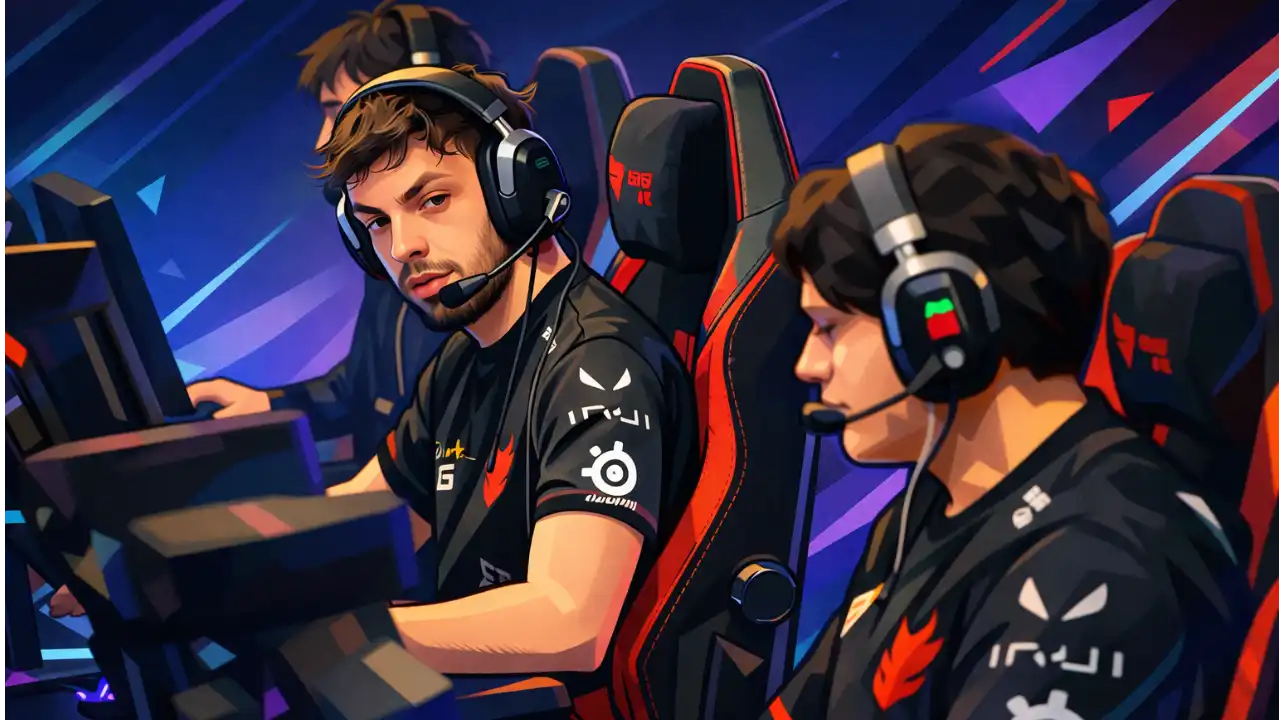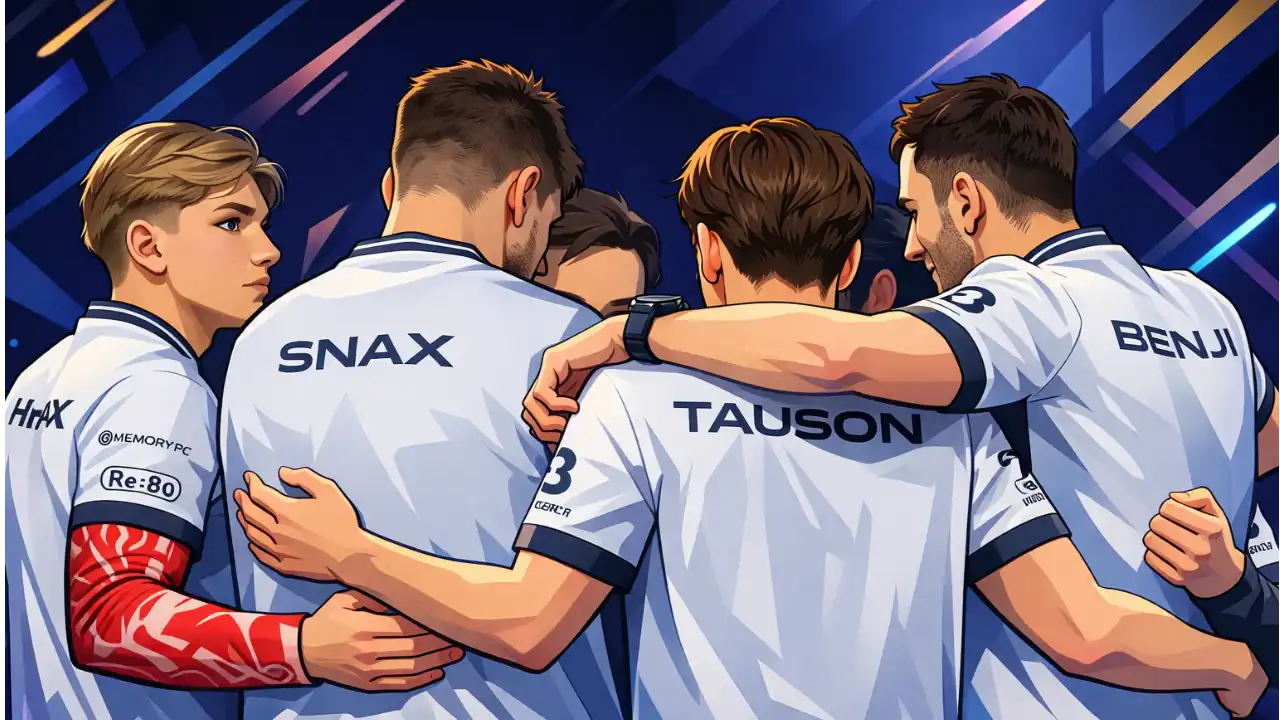BOROS Re-Signs with JiJieHao as ISSAA Departs the Roster
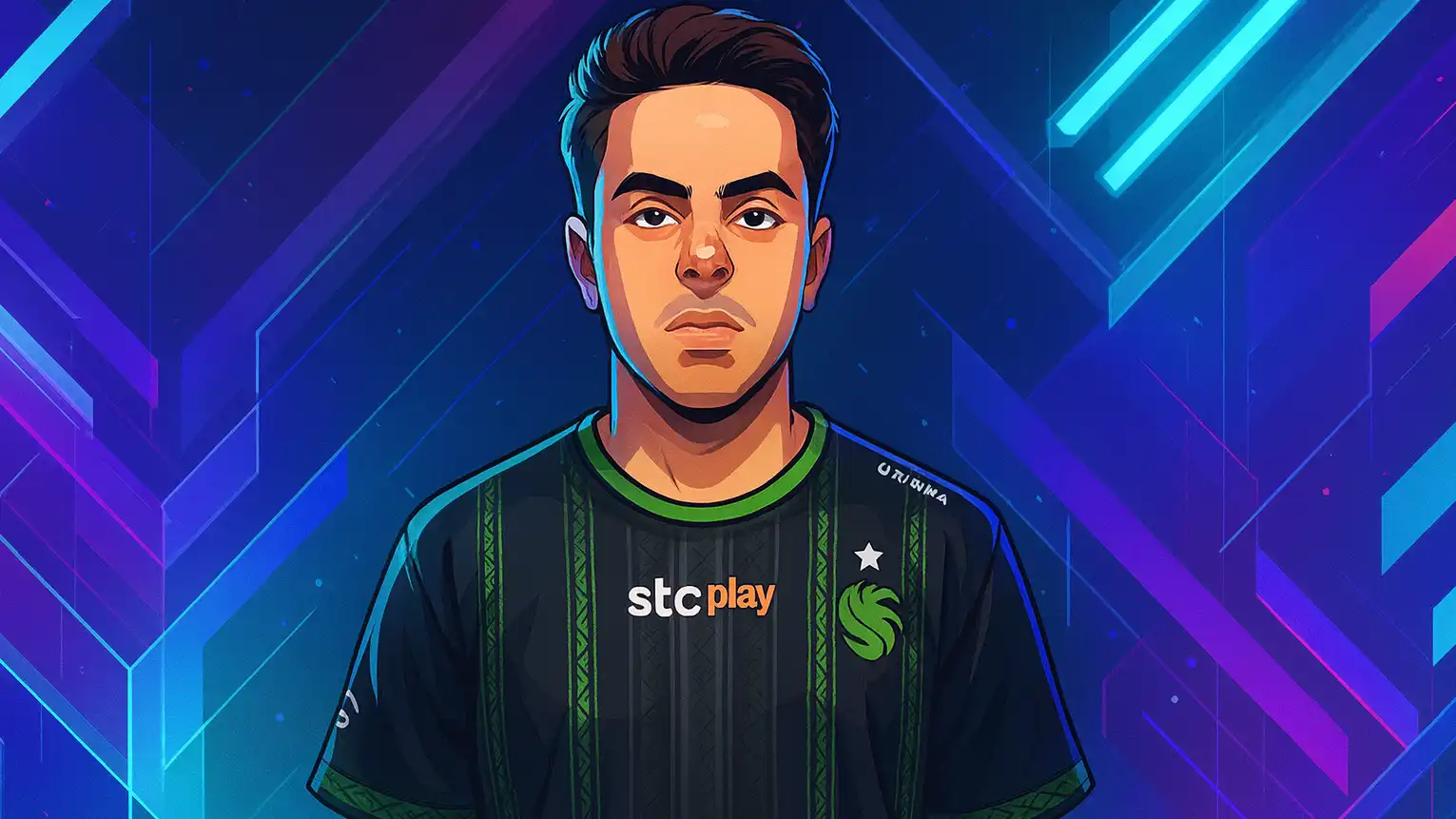
On 14 November 2025, JiJieHao confirmed that Jordanian rifler Mohammad “BOROS” Malhas is returning to their active lineup. This marks a reversal of his own contract buy-out just four months earlier, when he paid to leave the team and enter free agency. At the same time, the team announced that veteran Jordanian IGL / rifler Issa “ISSAA” Murad has mutually parted ways with the organisation and is open to new offers in either a leadership or coaching role.
The return of BOROS
BOROS first joined JiJieHao in February 2025, after earlier stints with organisations including Into the Breach and Falcons.
In July 2025, he paid his own buy-out to part ways with JiJieHao, seeking free agency and a fresh start.
Yet, following a short period of wandering, the organisation has now welcomed him back on board. The announcement notes that in recent months BOROS has already participated in “all of their most recent officials”.
This turn of events is unusual: it is rare for a player to pay to exit a roster and then re-join the same team so soon thereafter. It raises questions about internal roster strategy, contract negotiations, and perhaps underlying timing pressures for the team’s competition schedule.
ISSAA’s exit
Simultaneously, ISSAA—who had been the team’s in-game leader—announced his departure via social media. He stated that he is “open to offers as an IGL or in a coaching role.”
ISSAA has a well-established presence in the competitive Counter-Strike scene, having previously represented HellRaisers, OG and Eternal Fire. His post refers to his appreciation for his teammates and his desire to leverage his leadership and structural experience as he transitions.
From the team’s perspective, this change signals a clear restructuring: the departure of their former leader coincides with the reinstatement of a rifler who had previously been part of the roster but elected to leave. Whether this indicates a shift in the team’s tactical philosophy remains to be seen.
What it means for JiJieHao
At the time of the announcement, the JiJieHao active roster is listed as:
-
Jordan – BOROS (rifler)
-
Iraq – Bibu “Bibu” Aadil
-
Lebanon – Hussein “m1N1” Hijazi
-
Palestine – Osama “0SAMAS” Orabi
-
Coach: Poland – Mariusz “Loord” Cybulski
With ISSAA gone and BOROS back in, the team appears to emphasise firepower and rifling rather than retaining a dedicated IGL with his own extensive track record. The coach Loord remains in place, which suggests that ‘calling’ responsibilities may be handled by the coaching staff or a hybrid approach rather than a designated player-IGL.
JiJieHao’s competitive record in recent months has been modest: according to the organisation’s public team page, their win-rate over the last three months has been around 44 %. This underlines the urgency behind roster manoeuvres. They had failed to progress through several qualifiers and struggled to establish consistent results at LAN events.
Why did BOROS leave and then return?
The sequence of events is curious: BOROS signs in February 2025, leaves in July by paying his buy-out, then returns in November. Some possible explanations:
-
He may have assessed market interest during his free-agency period and determined that their initial roster environment was still the best fit.
-
The team may have struggled with replacement options (for example, they briefly picked up Maksat “kumao” Serik from ALLINNERS, but that pairing was reportedly short-lived and unsuccessful).
-
Negotiations behind the scenes may have resulted in different financial or contractual terms favourable to both parties.
-
The team may have faced urgent competition deadlines and concluded that reinstating a familiar and proven rifler would produce best short-term stability.
Whatever the motive, the return of BOROS and departure of ISSAA suggests the team is making a pivot toward tapping into BOROS’s individual skill ceiling rather than building around the former IGL’s structure.
Indeed, BOROS’s individual metrics—such as his KPR (kills per round) of 0.77 and DPR (deaths per round) of 0.73 over 807 maps—indicate he is a statistically high-impact player.
ISSAA’s next chapter
For ISSAA, this departure opens a new phase. While his performance in recent months may have been mixed, his known leadership profile is strong. In his departure post he commented: “I truly enjoy leadership, structure, and helping teams grow… I’m ready to bring that experience forward.”
He has publicly indicated his willingness to step into coaching or continuing as an IGL elsewhere. Given his background and regional profile in the Middle East and Asia-Pacific competitive scene, many organisations seeking a veteran leader may now target him.
Broader context for the region
Teams based in the Middle East / MENA region (as well as Asia-Pacific) often operate under tight qualification pressures and limited LAN opportunities. For JiJieHao, which was launched as an international roster with a build around non-traditional CS2 markets (Jordan, Iraq, Lebanon, Palestine, etc), consistency remains elusive. Their ranking, currently around #98 globally (and peaked at #41 in past weeks) as per HLTV’s data.
These environments often force roster churn: teams reshuffle rapidly rather than ride out stagnation. The BOROS/ISSAA story fits this pattern—an attempt to reset and accelerate results by altering key personnel rather than continuing incremental improvements.
What lies ahead
For JiJieHao, the near-term focus will be how effectively this revised core (BOROS, Bibu, m1N1, 0SAMAS) can dish out results under coach Loord’s leadership. With ISSAA gone, there may be questions about calling roles—whether the coach handles it or an internal player steps up.
From a results standpoint, the next few qualifiers are critical. The team must show upward momentum; otherwise, the roster shift may be considered a stop-gap rather than sustainable upgrade.
For BOROS, his return is both opportunity and pressure: the buy-out saga raised eyebrows in the community, with fans speculating as to the financial and motivational implications of re-joining his former team. He now has to demonstrate that the move wasn’t just contractual but strategically correct for his career trajectory.
For ISSAA, he faces the challenge of refocusing his value proposition: shifting from active rifler/IGL to a coach or IGL role elsewhere may require him to craft a narrative of leadership and impact beyond pure statistics.
All in all, the developments signal a pivotal moment for JiJieHao. After a period of instability, they are betting on the return of a familiar talent while bidding farewell to their previous strategic leader. Whether this gamble pays off will become clearer in the coming months as the team competes in qualifiers and aims to climb the global rankings once again.


